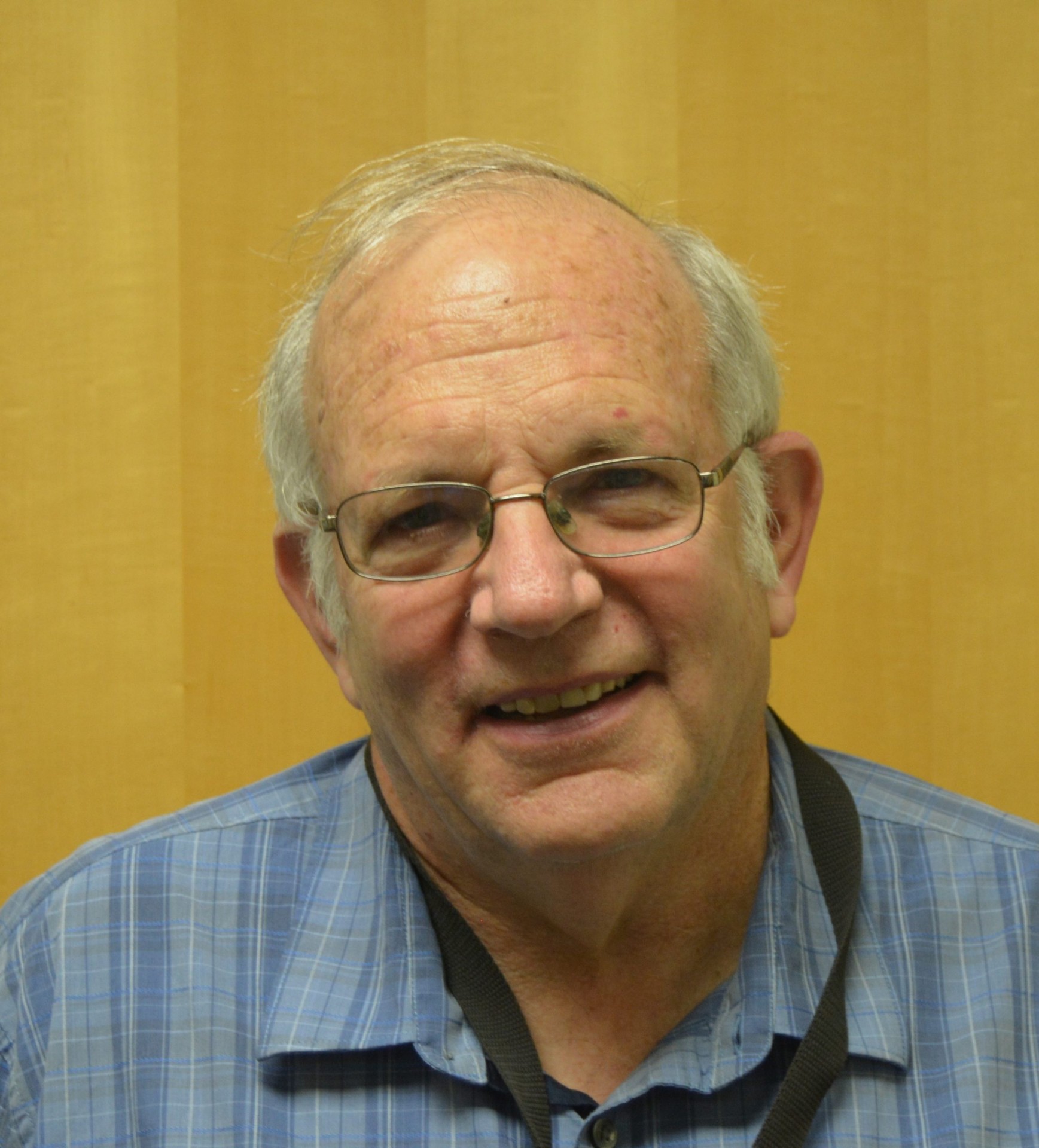Rabbi Simcha Bunem of Peshischa carried two slips of paper, one in each pocket. On one, he wrote: Bishvili nivra ha’olam—“for my sake the world was created.” On the other, he wrote: V’anokhi afar v’efer”—“I am but dust and ashes.” He would take out each slip of paper as necessary, as a reminder to himself.
As I teach eighth-graders at the Heilicher Minneapolis Jewish Day School, it occurs to me that in this digital age, we would do well to carry around a second pair of notes.
One day, one of the students asked me with an absolutely straight face: “Rabbi Jeff, are you anti-technology?”
There is a personal side of my emphatic response of “No!” Recently, I have felt fortunate that a very dear cousin is likely to survive her battle with cancer following the most advanced form of “proton” radiation therapy available at the Mayo Clinic. Almost a dozen years ago, when my sister was dying of cancer, she desperately wanted to hear the voices of her family members joined together. Family members, for their part, wanted to pray for a miraculous recovery. We planned a healing service, where we could all pray, laugh and cry together, courtesy of a free conference-call service. How could I be anything but pro-technology when I think of these stories?
Still, the question made me aware that I may be giving mixed messages to my students. The message I hope to convey is that we simultaneously both underuse and overuse technology. On the one hand, we are not sufficiently creative in utilizing the resources for Jewish living and learning presently available on the web, as well as digital opportunities to engage in tikkun olam (world repair, improvement and transformation). On the other hand, we are all familiar with the massive number of hours that so many people devote to screen time.
As a response, I have developed a new instructional prop. I now have a pair of pants that I keep around whenever I am queried by a student about my own attitude about technology. The pants—an old pair of jeans—has four pockets with one note in each pocket. The notes in the front two pockets come from the Hasidic teaching discussed above. The back pockets have a technological spin off of these notes:
#1 Remember: Human beings are made of dust and ashes.
#2 Remember: The world was created for your sake.
#3 Remember: Human and Jewish life can be made spiritually, intellectually and ethically so much richer with digital resources.
#4 Remember: Your devices and new technologies can do harm as well as good; they can distract from your Godly work.
***
Jeffrey Schein is a longtime Jewish educator. He became a Reconstructionist rabbi in 1977, and in 1980, earned his doctorate in education from Temple University. For 25 years, he guided Jewish educators through the master’s degree program in Jewish education at Siegal College in Cleveland. He currently works as the senior education consultant for the Kaplan Center for Jewish Peoplehood and also directs the Text Me: Ancient Jewish Wisdom Meets Contemporary Technology project. He teaches eighth grade at the Heilicher Day School in Minneapolis
To receive a 30% discount on Rabbi Schein’s new book, Text Me: Ancient Jewish Wisdom Meets Contemporary Technology, go to textmejudaism.com and use the code: HAM30AUTH19. Offer valid through 11/30/19. After November 30, contact sherzuther@hotmail.com and receive a 20% discount by mentioning that you read about this at Evolve.







